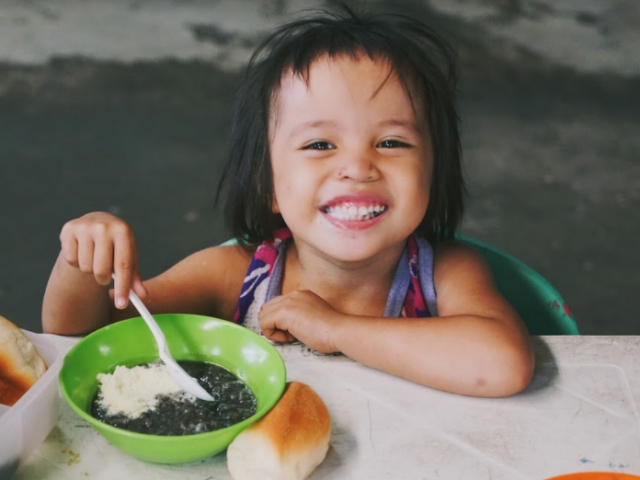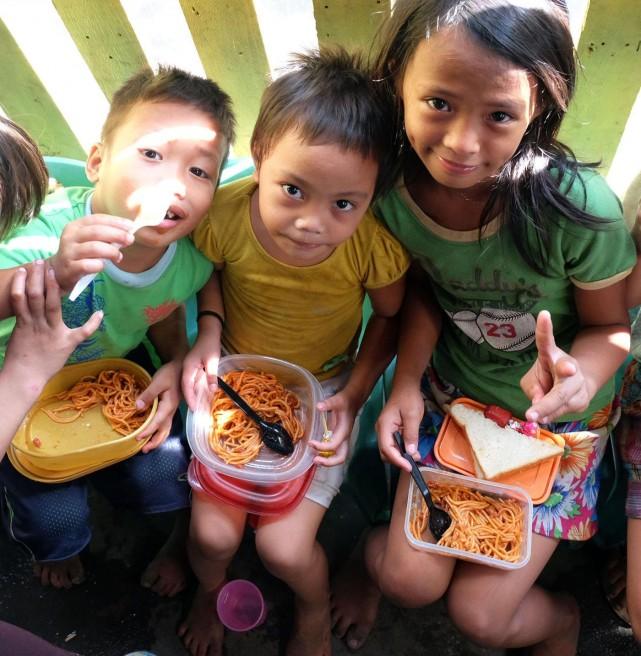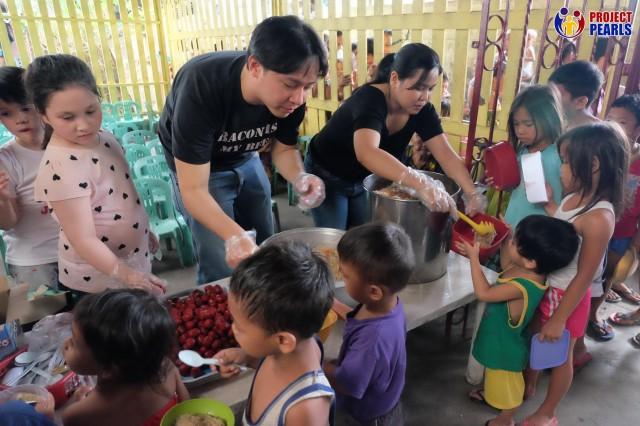What you can do to protect the rights of the Filipino child
It has become a common sight among pedestrians and commuters: kids no taller than five feet, most of them unsupervised, either roam around the streets or hitch a jeepney ride to ask strangers for food or change to spare.
Poverty has hindered these children from having access to a balanced meal at home, getting proper education, and more—factors that make up their set of rights.
With the country’s child poverty incidence at 31.4 percent, kids in marginalized communities need help more than ever in having their rights protected for a bright future. Here’s a look at what each Filipino child is entitled to—according to The Child and Youth Welfare Code—and what you can do to ensure they’re given their rights:
1. The right to be born well. Even before being born, children already have the right to proper healthcare that will help with their development.
2. The right to a wholesome family life. All children are to be raised well with proper guidance by the people they live with.
3. The right to a well-rounded development of his personality. As they grow up, children need to be looked after and molded into a well-rounded person who can contribute to the society in the future.
4. The right to basic needs for a healthy life. Food, clothing, shelter, and medical aid should always be accessible to children.

5. The right to moral upbringing. All children are to be taught with lessons that will help them grow up to be morally correct in different situations they’re in.
6. The right to education. Children have the right to education according to their abilities that will help them contribute to society.
7. The right to opportunities. During their free time, children are entitled to engage in activities that are deemed enjoyable to them.
8. The right to protection. All children deserve protection from factors that are seen to put a dent on their condition, may it be physical or mental.

9. The right to a safe environment. Every child is entitled to growing up in a free environment, where he can cultivate his traits without fear.
10. The right to be cared by the State. The government must be accounted for the growth and development of all children, should their parents or guardians fail to give them their basic needs.
11. The right to an honest government. The government plays an important role in the healthy and well-rounded upbringing of every child in the country.
12. The right to grow up as a free individual. All children are free to choose whoever they want to be and whatever they want to do as members of society.

With community involvement, anyone can do their part in protecting the rights of the Filipino children. Project PEARLS, a non-profit organization, helps the poorest of the poor children in the Philippines by giving them peace, education, aspiration, respect, love, and smiles.
One of the groups that work with United For Healthier Kids or U4HK, a Nestle-initiated program that fights malnutrition in the Philippines, Project PEARLS leads a daily feeding program—Daily Soup Kitchen and Saturday Feeding Program—for around 300 kids living in its adopted slum community, Helping Land, in Tondo, Manila. Following the feeding program, children are invited to the Reading and Toy Library during weekdays, while weekends are for arts and crafts classes through Brain Booster and academic tutorials in the Sunday After School Program.
Project PEARLS also has a scholarship program for pre-school to high school students in the communities it serves, as well as medical and dental missions for children that need them the most.
With Project PEARLS’ various programs aimed at improving the lives of children, you can do your part in ensuring the Filipino children’s rights to health, nutrition, and basic education. Be it with your money or time, donating is the crucial step to start helping children grow up well.
To be part of the Project PEARLS movement, you can donate here.




